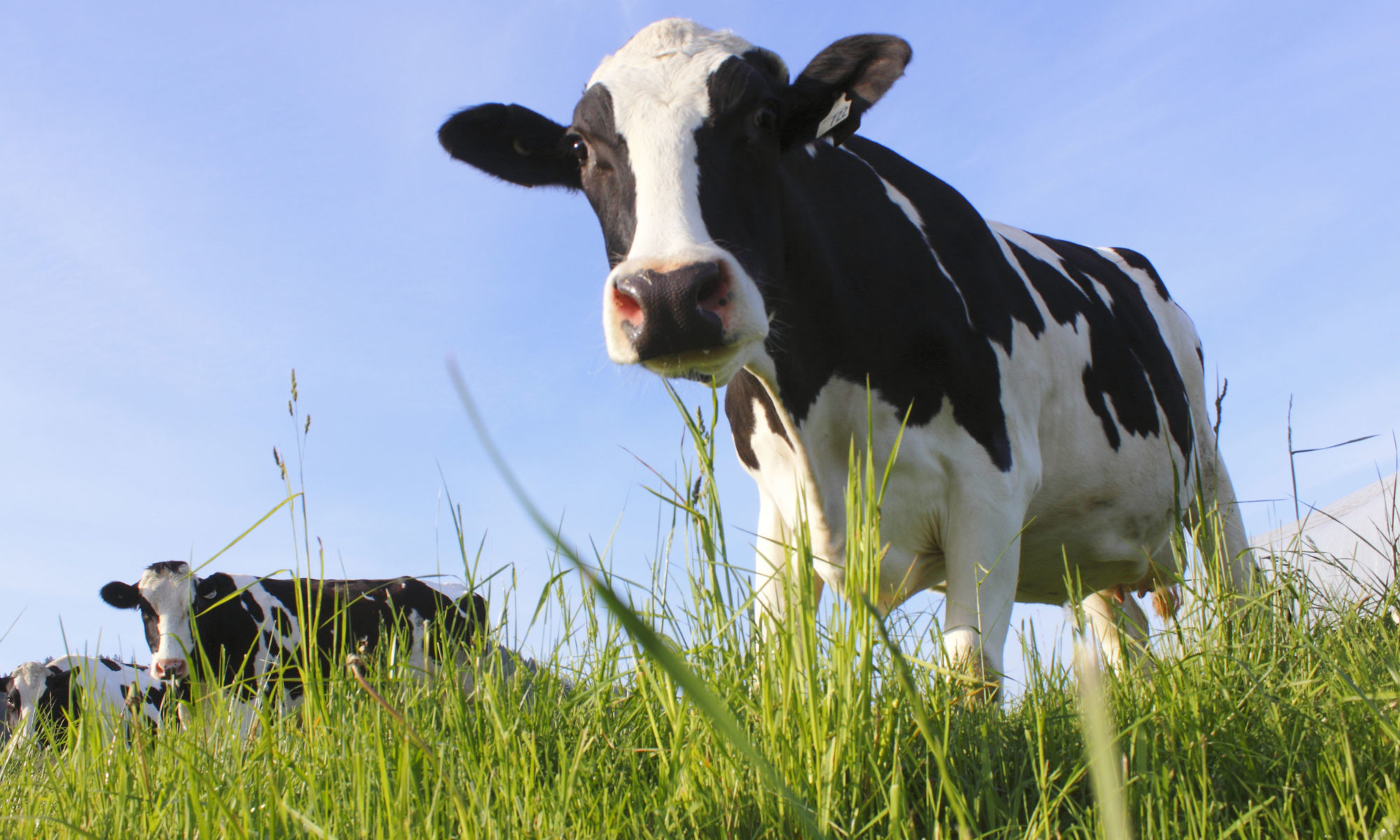Half of the Dutch agricultural area currently consists of grassland. That grass is mainly fed to cows, the only ones who can digest it with their multiple stomachs. However, more mouths can be fed with the same amount of grass, according to Sanders. Not only cows, but also pigs, chickens, horses and even humans: creatures that obtain a much higher protein yield from the high quality grass protein. The solution is grass refining: separating grass into different fractions.
Manure problem
Cows do not need all the proteins that are in grass. In fact, feeding unrefined grass to cows results in an unnecessarily high amount of phosphate and nitrogen in the manure, which ends up in the soil and in the air. With the refining of grass, this problem is reduced: an optimized protein diet ensures that the cow emits less phosphate and nitrogen. The leftover grass juice contains essential amino acids, sugars and minerals that are valuable for pigs, chickens, horses and humans.
In addition to grass, other green raw materials are suitable for biorefining, for example cucumber leaves, sweet pepper and other remains from horticulture, as well as water plants. The advantages of grass refining are mainly in collaboration between companies: dairy farmers or growers who have plenty of grass or other crop can refine and sell this to pig, chicken or horse farmers or producers of meat substitutes for humans. A win-win situation for each party.
Grassa!
The biorefinery company Grassa! started about 10 years ago as a research consortium. The company now processes grass, but also other green raw materials (such as horticulture and water plants) with a mobile refining machine, into new high-quality products. Grassa! is one of the initiators of the Bio Treat Center (BTC) at the Brightlands Campus Greenport Venlo.



